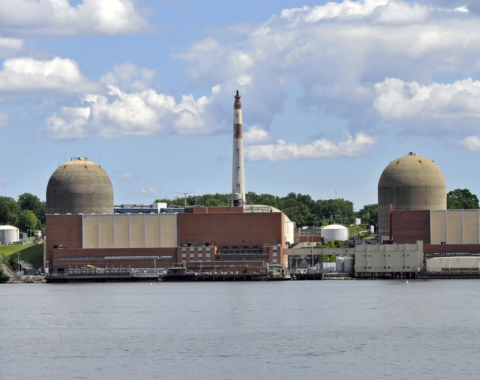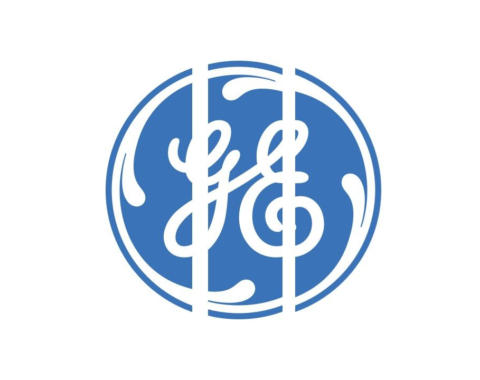The interim agreement, under which SCANA and Southern Company are evaluating Westinghouse’s schedule and financials, as well as directly funding the two projects at V.C. Summer and Plant Vogtle respectively, is set to expire on April 28, 2017, but it “can be canceled on five days’ notice by the owners of these two projects.
Based on an ex parte briefing to the Public Service Commission (PSC) of South Carolina on April 12, 2017, by executives of SCANA Corporation and South Carolina Electric & Gas (SCE&G) we learned the following:
- April 2016 to February 2017 the site staff has expanded from 3940 workers to 5168 workers, measured on an equivalent full-time job basis.
- Construction progress on the two units: engineering, 95.5% complete; procurement, 87.3%; construction, 33.7%; startup processes, 8.3% with the total estimated project completion at 63.4%.
- To make these units useful, the owners had to add or modify transmission lines for their grid; work on this project stands at 85% completion for the transmission structures (towers, etc.), while the installation of actual wires stands at 79% complete.
- Westinghouse’s announced goal in bankruptcy is to isolate its other businesses from new nuclear plant construction, with the other businesses being such lines as nuclear fuel and plant services, which are all profitable. Therefore, it is anticipated that any plan to complete the units will include Westinghouse in some capacity, but not in a leader role as construction manager.
- Options for these projects includes –
- completing both units at each site (but with different construction contracting, expecting that Westinghouse is likely to modify or drop the engineering, procurement, and construction/EPC contract in bankruptcy)
- completing one unit and deferring the other unit
- completing one unit and cancelling (abandoning the other unit)
- cancelling and abandoning both units
Although Westinghouse did acquire an $800-million line of credit, it is prevented from using any of that credit on the nuclear construction projects since filing for bankruptcy. “Bankruptcy” gives Westinghouse the ability to reject or walk away from these fixed price obligations. If Westinghouse rejects the EPC contract on which the current cost estimates are based, Westinghouse and Toshiba will owe damages and the owners will have the right to collect these damages from Westinghouse, and Toshiba has provided a parental guarantee for Westinghouse’s debts. These damages, however, are capped at 25% of the payments made to Westinghouse at the time it breaches the EPC contract. Some of the monies could be made up from dissolution of Westinghouse’s profitable businesses in bankruptcy and the owners could obtain some monetary value from the sale of the AP1000 patents and rights. Both site owner groups would likely seek to recover damages through the bankruptcy court by sale of Westinghouse businesses and assets if Westinghouse drops the EPC contract.
Both projects are still moving forward, funded by the owners under an interim agreement intended to last 30 days, in which the owners are directly paying Fluor (the construction manager Westinghouse brought in after it merged Stone & Webster into its new WECTEC subsidiary), paying Westinghouse’s subcontractor, and even Westinghouse’s internal costs. Termination of either owners’ agreement (Summer or Vogtle) would halt the AP1000 construction since the two owner groups are jointly funding all of Westinghouse’s internal engineering costs to keep the projects moving forward, and some other arrangement would have to be made by one owner to fund all of that should the other back out. Steven Byrne, executive vice president of SCANA, said that Westinghouse has agreed not to reject the EPC contract until at least the interim agreement expiration date has been reached (April 28, 2017).
Westinghouse has stated that the cost “associated with completing the two AP1000 projects above what it could contractually require the V.C. Summer and Vogtle project owners to pay is approximately $4 billion.” Westinghouse revealed that the portion of this $4 billion assigned to the V.C. Summer project is $1.5 billion. However, these are Westinghouse’s figures, and that they have not been examined and verified by the owners of the plants. The $4-billion overrun is being blamed on the fixed or firm price contracts Westinghouse re-negotiated with the plant owners at the time of the Stone & Webster merger and creation of WECTEC.
In South Carolina, work is underway to push out the required completion dates for the units in terms of eligibility for the $2.2 billion worth of production tax credits. While Westinghouse’s present timeline shows completion of the units prior to the legal deadline of January 1, 2021, it is “prudent to protect the eligibility for credits even if the current deadlines are missed.” South Carolina’s House and Senate representatives have introduced legislation to eliminate the hard deadline.
Steven Byrne, executive vice president of SCANA, added in his remarks to the PSC that the interim agreement, under which the owners are evaluating Westinghouse’s schedule and financials, as well as directly funding the projects, is set to expire on April 28, 2017, but it “can be canceled on five days’ notice by the owners of the V.C. Summer project.” According to Byrne, termination of either owners’ agreement (Summer or Vogtle) would halt the AP1000 construction since the two owner groups are jointly funding all of Westinghouse’s internal engineering costs to keep the projects moving forward, and some other arrangement would have to be made by one owner to fund all of that expense, should the other back out. However, Byrne added, that Westinghouse has agreed not to reject the EPC contract until at least the time that the interim agreement expires (April 28, 2017).
The owners will not have a solid idea about the prospects for completing their projects until they have successfully completed examination of the Westinghouse (and Fluor) information; this could require an extension to the interim agreement, assuming Westinghouse and the bankruptcy court will allow it. This type of information was previously unavailable, prior to the “bankruptcy”, because it was considered to be proprietary information.
Obviously, the next hard date to watch is April 28, 2017; the interim agreement expiration date!



